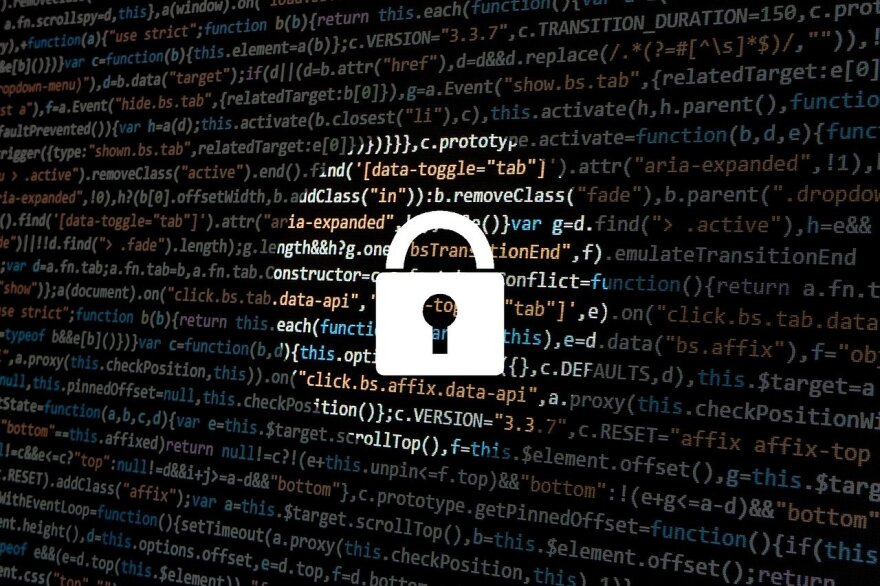In the next installment of Sounds Good's "Cyber Bytes" series, Tracy Ross and Michael Ramage, director of Murray State's Cyber Education and Research Center, discuss how to stay vigilant against potential cybersecurity threats while on vacation. Ramage says that most of the techniques we can use to stay secure are the same things we would do on an average day at home. The tricky part is remembering these precautions while enjoying leisure time somewhere new.
A typical scenario that might present a cybersecurity threat while vacationing is using Airbnb Wi-Fi or networks offered by businesses like hotels, coffee shops, and other public buildings with guest Wi-Fi access. "You may trust," Ramage warns, "but you shouldn't trust." Instead, he says a more secure option would be to use your smart device as a personal hotspot, which offers a bit more protection than a network you're unfamiliar with. Another option that's a bit more time-consuming is obtaining a VPN, or virtual private network, which encrypts your online traffic history.
Another possible cybersecurity threat to watch out for while traveling is using QR codes. These scannable images are becoming increasingly popular in areas where quick access to payment or browser information is especially helpful, like parking garages, vendors, or restaurants. However, Ramage says exercising caution around these images is critical, as it's often difficult to tell where the QR code will lead before you access the browser page on your smart device. Whenever possible, opt for a non-QR code option. Pay for parking at a garage kiosk or exit, ask for a paper menu, or pay with cash.
Finally, Ramage recommends using a prepaid card while on vacation to avoid potential hackers stealing your personal banking information. Using a card with a set limit and no ties to your banking information can still run the risk of getting hacked. However, the only asset that will be at risk is the money you put into the card. Ramage also advises keeping an eye on bank records even while vacationing. Make sure you can account for every charge coming through your credit and debit card records.
To read more "Cyber Bytes" stories, click here. To find out more information about Murray State's Cyber Education and Research Center, visit its website.




